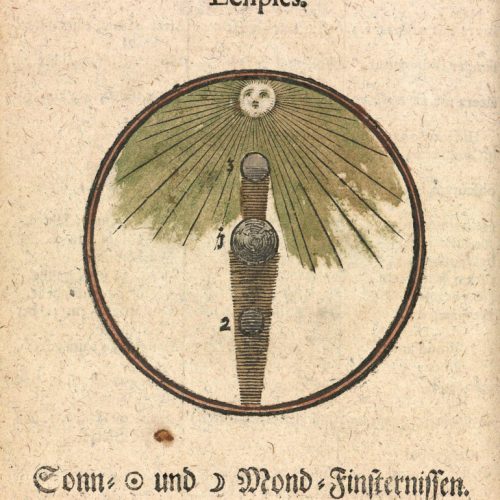Glacier cave, Eric Guth (more)
From my governor (who had the care of the earlier part of my education) I learned not to engage in the disputes of the circus of the amphitheatre, the chariot races, or the combats of the gladiators.
He also taught me to endure hardships and fatigues; and to reduce the conveniences of life into a narrow compass; and to wait on myself on most occasions; not impertinently to interfere in other people’s affairs, nor hastily to listen to calumnies and slander.
Diognetus cautioned me against too eager a pursuit of trifles; particularly, not to busy myself in feeding quails.
And also [taught Rusticus] to read an author with care and attention, and not to content myself with a general superficial view of his subject, nor immediately to resign my opinion to every plausible declaimer.
Apollonius’ living example convinced me, that a man may be rigid in his principles, yet easy and affable in his manners, and free from any moroseness in delivering the precepts of his philosophy.
From the example of Sextus I formed a resolution of living according to Nature, of preserving an unaffected gravity in my deportment, and a careful attention to the expectations of my friends; to bear with the ignorance of the vulgar, and those that take up their opinions at random, without examination.
Fronto the orator informed me, how much envy, intrigue and dissimulation, usually prevailed under tyrannical governments, and observed, that those whom we call nobility are too often void of natural affection and the common feelings of humanity.
I am obliged to Alexander the Platonist, for the hint, ‘not often, nor ever, without a necessity, to complain, either in my letters or in the common intercourse with my friends, of my want of leisure; nor under a pretence of extraordinary embarrassment to decline or evade the common offices of friendship’.
Catulus admonished me not to slight the complaints of a friend, even though they should prove to be without foundation.
As for those things which conduce to the comfort and convenience of life, which fortune amply supplied, he made use of them, when at hand, without pride or ostentation; but, like a wise man, when at a distance, never regretted the want of them.
He was careful of his person, but neither foppish nor negligent; he had a proper regard to his health, but not too anxious in that particular, like a man that was too fond of life.
But to be able to bear affliction with fortitude, and the reverse without being too much elated, is an argument of consummate virtue and invincible resolution.
Fagerborg Kindergarten, Oslo, Norway
Bacon’s “New Atlantis” – very prophetic.
From Jürgen Reble & Thomas Köner’s Materia Obscura
how the internet gets inside us
how the internet gets inside us
“When the electric toaster was invented, there were, no doubt, books that said that the toaster would open up horizons for breakfast undreamed of in the days of burning bread over an open flame; books that told you that the toaster would bring an end to the days of creative breakfast, since our children, growing up with uniformly sliced bread, made to fit a single opening, would never know what a loaf of their own was like; and books that told you that sometimes the toaster would make breakfast better and sometimes it would make breakfast worse, and that the cost for finding this out would be the price of the book you’d just bought.”
(interesting read at The New Yorker)
the average of every person in the world
Kinski – “New India”
Be Gentle With The Warm Turtle
I class this song among the loudest ever recorded, along with The Psychic Paramount’s “Para5,” Crystal Antlers’ “Parting Song for the Torn Sky,” and the Red Sparowes “The Sixth Extinction.” The fun thing about “New India” is that you keep thinking they can’t add any more to it, and that’s just when yet another guitar comes in. Kinski has mellowed out quite a bit since this album; I wish they’d stayed monstrous.
Out of this nettle danger, I’ll yet pluck the flower safety.






